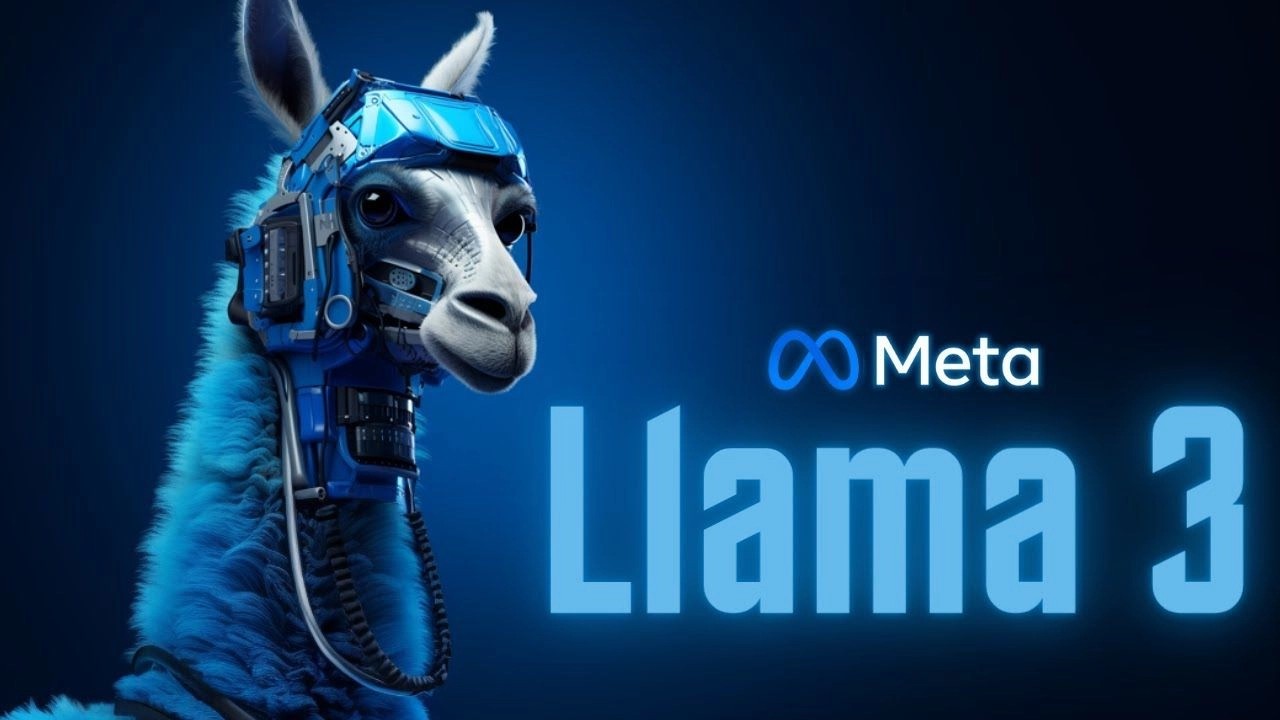Key Features
Open Weights
Available for research and commercial use with transparent licensing.
Chat & Instruction Tuning
Supports fine-tuning for chatbots, assistants, and task-specific models.
Multilingual Support
Trained on diverse datasets for global language coverage.
Efficient Inference
Optimized for low-latency deployment on consumer and enterprise hardware.
Scalable Architecture
Supports parameter scaling from 7B to 65B+ with modular training pipelines.
How It Works
Download Model Weights
Request access from Meta or use Hugging Face-hosted checkpoints.
Load with Framework
Use PyTorch, Transformers, or llama.cpp for inference and fine-tuning.
Customize with Prompts
Use instruction-tuned variants for chat, summarization, or Q&A.
Fine-tune Locally
Train on your data using LoRA, QLoRA, or full fine-tuning pipelines.
Deploy Anywhere
Run models on local GPUs, cloud platforms, or edge devices.
Code Example
from transformers import AutoTokenizer, AutoModelForCausalLM
model_id = "meta-llama/Llama-2-7b-chat-hf"
tokenizer = AutoTokenizer.from_pretrained(model_id)
model = AutoModelForCausalLM.from_pretrained(model_id)
inputs = tokenizer("Explain transformers in simple terms", return_tensors="pt")
outputs = model.generate(**inputs, max_new_tokens=100)
print(tokenizer.decode(outputs[0]))Use Cases
Chatbots & Assistants
Build conversational agents with instruction-tuned LLaMA variants.
Code Generation
Generate and explain code using LLaMA models fine-tuned on programming data.
Multilingual NLP
Translate, summarize, and classify text across languages.
Academic Research
Explore model behavior, scaling laws, and alignment techniques.
Enterprise AI
Deploy LLaMA models for internal tools, automation, and knowledge management.
Integrations & Resources
Explore LLaMA’s ecosystem and find the tools, platforms, and docs to accelerate your workflow.
Popular Integrations
- Hugging Face Transformers
- llama.cpp for CPU/GPU inference
- LangChain for agentic workflows
- LoRA and QLoRA for fine-tuning
- Weights & Biases for experiment tracking
- Modal, Replicate, and AWS for deployment
Helpful Resources
FAQ
Common questions about LLaMA’s capabilities, usage, and ecosystem.
